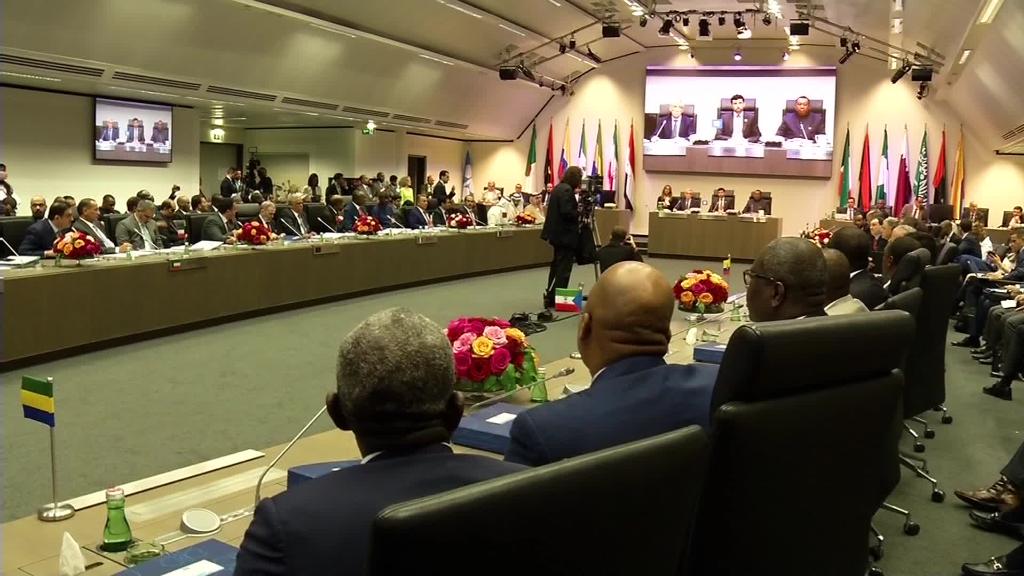
Once red-hot, oil prices are suddenly tanking.
Rumors about emergency action from the Trump administration helped send US crude plunging 5% on Monday, sinking to as low as $67.58 a barrel.
The reversal has wiped out 9% from oil price in less than a week. US oil closed at $74.11 a barrel on July 10.
"It's a great reminder of how quickly sentiment can swing -- and how volatile these markets are," said Michael Wittner, global head of oil research at Société Générale.
Analysts blamed Monday's sell-off on reports suggesting Saudi Arabia and the United States are racing to prevent an oil shortage caused by President Donald Trump's sanctions on Iran.
Late Friday, The Wall Street Journal reported that the Trump administration is considering a rare step: teaming up with other Western countries to simultaneously release oil stockpiled for emergencies. Such a move isn't imminent and would only come if efforts to get OPEC to pump more fail to cool off prices, the paper reported.
The Energy Department, which released oil from the Strategic Petroleum Reserve last year after Hurricane Harvey, declined to comment on the news. The White House also declined to comment.
Related: The oil market's shock absorbers are nearly gone
Trump has repeatedly blasted OPEC for lofty oil prices and complained that prices are "too high." That's despite the fact that Trump's own tough stance on Iran, the world's fifth-largest oil producer, contributed to the price spike.
"Trump is attempting to jawbone the price of crude down. This goes back to the midterm elections," said Ben Cook, portfolio manager at BP Capital Fund Advisors.
Michael Tran, director of global energy strategy at RBC Capital Markets, doubts that tapping emergency oil stockpiles is necessary or would even work. He noted that refineries in the United States are already operating at "extremely high levels," leaving little room to turn more oil into gasoline.
"It would be relatively ineffective," said Tran.
Saudi Arabia-led OPEC and Russia agreed last month to pump more oil, but their move failed to cool off prices. In fact, oil bulls argued that unleashing more oil now will leave Saudi Arabia with little firepower to respond to future shortages.
Related: Trade war threatens America's booming oil exports
Another factor behind Monday's drop is a Bloomberg News report that Saudi Arabia is offering extra crude oil on top of its contractual supplies to some buyers in Asia. That suggests that Saudi Arabia is taking aggressive steps to keep oil prices from getting too high.
"They're letting buyers know: If you want more crude from us, we have it," said Wittner.
Meanwhile, there are signs that at least one of OPEC's hobbled members is on the rebound. Last week, oil prices plunged after Libya's national oil company announced it had regained control of multiple ports, enabling it to resume exports. Disruptions in Libya and Venezuela have been instrumental in lifting prices to their highest levels in nearly four years.
"We're getting hints here that barrels are available and aren't in the short supply that we thought," said BP Capital's Cook.


